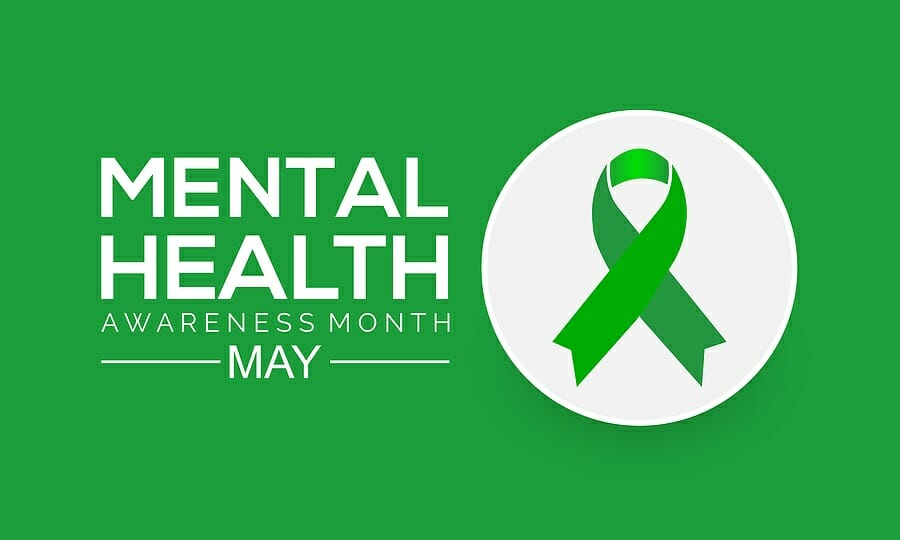
“Eye-Opening and Rewarding”
Pam seemed withdrawn, almost hostile. A teenage girl in the partial hospitalization program at David Lawrence Centers, Pam clearly didn’t want to have anything to do with the activity.
Eight graduate students at Florida Gulf Coast University, all pursuing master’s degrees in occupational therapy (OT), had come to DLC to work with clients in a brief “internship” of sorts. Four of the students worked with adolescents in DLC’s partial hospitalization program, and the other four students worked with adults in the detox program.
In the program for teens, Pam was defiant during the first day’s activity, when group members anonymously wrote positive comments about one another. When Pam learned that one of her peers had written that she had beautiful eyes, she was deeply moved, and said that no one had ever told her that before. By the time four sessions had passed (over two weeks), Pam had changed dramatically — no longer closed and angry, but open and happy.
Other activities with the teen clients included planting flowers (symbolic of growth in recovery), drawing cartoon strips, making collages, and tie-dying T-shirts. For the tie-dye activity, teens had to choose one color they didn’t like to go along with the colors they wanted, an illustration of how they can create something beautiful despite encountering something unwanted.
FGCU student Hanna Juaregui said the experience was “very eye-opening and rewarding. OT could be of great value to these adolescents. While we might have only seen small gains in relation to the overall recovery process, it is all significant in the end.”
Dr. Annemarie Connor of FGCU added, “We worked on building skills and strategies that would provide the clients with appropriate tools and behaviors to help them succeed in multiple environments. It was amazing to watch the clients progress through our sessions.”
The four FGCU students who worked with adults in the detox program also felt like they made a difference. “Our goals were to help clients increase coping behaviors, decrease anxiety, and work on stress management,” said Dr. Lynn Jaffe, their professor at FGCU. “I think the students accomplished some of that, and they learned how to lead a group. Every session, the participants told us how much they enjoyed it, and that they were grateful we were there.”
Calvin Kilby, one of the FGCU students, enjoyed “working with clients that could very well have been a family member or friend.” He liked helping them “discover their strengths, what activities they enjoy, and areas for growth. This self-discovery is vital for the transition to sobriety.”
“I really feel like OT was able to have an impact with these people,” added Victoria Spaziani, another FGCU student. “It was a very rewarding experience, and I’m glad to have taken part in some aspect of their process and journey.”
Jul 01, 2017 | Blog, News



